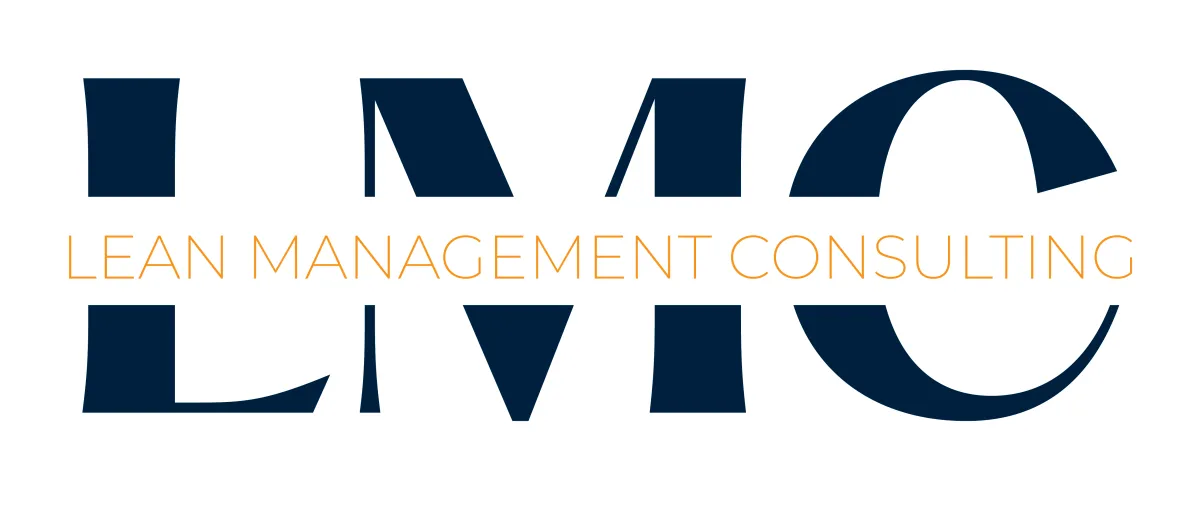Stay up to date on the lates business operations and marketing trends!

Operational Excellence as a Continuous Journey
In the ever-evolving landscape of business, achieving operational excellence isn't a destination; it's a perpetual journey. With over a decade in operations management, I've witnessed the transformative power of embracing operational excellence as an ongoing process rather than a finite goal.
1. Operational Excellence: A Continuous Commitment:
- Operational excellence isn't a one-time achievement but an ongoing commitment to refining processes, eliminating inefficiencies, and adapting to the dynamic needs of the market.
2. Smooth Operations and Employee Retention:
- Efficiency Fosters Engagement: When operations run seamlessly, employees can focus on meaningful tasks rather than grappling with operational bottlenecks. This fosters a sense of engagement and purpose.
- Empowerment Through Streamlining: Smooth operations empower employees to contribute their best work, leading to increased job satisfaction and, subsequently, higher retention rates.
3. Cost Savings Through Optimization:
- Identifying Inefficiencies: Continuous improvement involves regularly evaluating processes to identify areas of inefficiency. This not only enhances productivity but also uncovers opportunities for cost savings.
- Resource Allocation: By optimizing processes, businesses can allocate resources more effectively, preventing unnecessary expenditures and ensuring that every resource contributes directly to business objectives.
4. Adaptability in the Face of Change:
- Market Dynamics: The business landscape is dynamic, and operational excellence equips organizations with the agility to adapt to changing market conditions. This adaptability is crucial for long-term sustainability.
5. Customer Satisfaction as a Byproduct:
- Quality Service: Smooth operations translate to consistent and high-quality service delivery. Satisfied customers are more likely to become repeat customers, contributing to sustained business growth.
6. Continuous Improvement Frameworks:
- Kaizen: The Kaizen philosophy emphasizes continuous improvement through small, incremental changes. It encourages a culture where every employee is a contributor to operational excellence.
- Six Sigma: Utilizing Six Sigma principles allows organizations to identify and eliminate defects systematically, ensuring processes align with customer expectations and industry standards.
7. Employee Training and Development:
- Investing in Skills: A commitment to continuous improvement includes investing in the skills and development of employees. Well-trained staff contribute to more efficient and effective business operations.
As someone deeply immersed in operations management for over a decade, I emphasize that operational excellence is not a static goal but an ever-evolving journey. The benefits extend far beyond streamlined processes; they encompass employee satisfaction, cost savings, and adaptability to change. By fostering a culture of continuous improvement, businesses position themselves not just for success but for sustained success in the face of a dynamic and competitive business environment.
To Get in Touch
Contact Us.
Info@LeanManagementSolutions.com
+1 (855) 715-1219
10896 County Rd 229
Oxford, FL 34484
Info@LeanManagementSolutions.com
+1 (855) 715-1219
10896 County Rd 229
Oxford, FL 34484
Copyright 2023 Lean Management Consulting LLC All rights reserved

